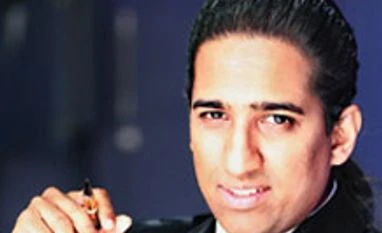#IIPM was the trending topic on Twitter, with millions of individuals from across the country narrating their good and bad experiences with the educational institution. Facebook also saw individuals sharing past news articles about IIPM including those citing UGC raising questions about the institute.
Apart from serious discussions about the issue, where some Twitterati lashed out at the institute and the government for infringing Freedom of Speech and Expression of individuals, light humour and satirical posts about the institute were found in abundance on Twitter.
Individuals also questioned the rationale behind blocking the specified URLs.
"Many outraging against IIPM but no one is outraging against the regressive law which enabled the blocking," read a tweet from a user.
Meanwhile, cyber security experts said that blocking may not be a solution.
Mumbai-based cyber security expert Vijay Mukhi said that since the concerned content about IIPM had been 'shared' and 'retweeted' by so many individuals, there was no point blocking it.
"This is no way to get anything done. Such articles may always be available on the internet on one site or the other. The point here is, once the damage is done through some content on the internet, it is done. It can not be reversed again," he said.
He explained that for URLs to be blocked, the aggrieved party (in this case IIPM), was required to submit the list of websites to the concerned authorities.
"However, the danger here is that sites sharing same IP addresses may also get accidentally blocked. So, it is advisable to block individual pages," he said.
Mukhi also raised a concern on the decision to block the URLs. He explained that even the US government had not taken such steps and unless a URL's content is against national interest, it wasn't advisable to block it.
)